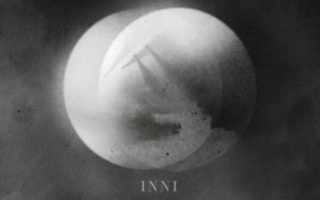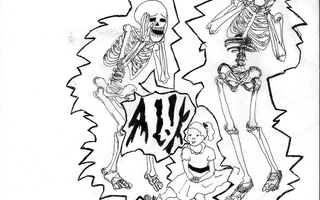Within a small Massachusetts fishing village, three reunited friends struggle to find happiness in Tom O’Brien’s new film “Fairhaven.”
“Fairhaven” features O’Brien, who also wrote the film with co-star Chris Messina, as Jon, a former high school football star who, like his hero Tom Brady did in a real “60 Minutes” interview, questions whether he really can have it all in life. Jon openly grapples with the uneasiness this brings him and seeks understanding from others, from a meditation coach to a therapist. He is not alone in his search—Dave (Messina) feels similarly distraught and hides behind a façade of a carefree life. However, having to return to Fairhaven for his father’s funeral forces Dave to realize that he cannot run away from his problems. Meanwhile, responsible, single father Sam (Rich Sommer) tries to move on from his ex-wife Kate (Sarah Paulson). As he takes back the part of himself he had lost in his love for Kate, Sam begins to find happiness again in who he is.
Sommer, best known for his portrayal of Harry Crane on “Mad Men,” shared in an interview how the film’s cast worked together to bring the screenplay to life as a sincere, relatable story.
The Harvard Crimson: You’ve had a diverse array of roles in your acting experience, most notably a part on “Mad Men.” How does playing Sam compare?
Rich Sommer: It's frankly my favorite performance of mine. We were able to do with it what we wanted, and I was able to get out of Sam what I haven't been able to do with other characters. I portrayed him how I wanted to portray him.
THC: What was it like working with the other cast members of “Fairhaven”?
RS: We were kind of isolated in this very small town in the middle of winter. We luckily all hit it off so quickly; for a movie like this, it's imperative. I feel this is an intimate movie, and you can only get there if you are willing to be open with each other and trust each other.
THC: Jon seems to remain stuck on Tom Brady’s question of whether there is more to life. What central questions does “Fairhaven” explore?
Read more in Arts
'Girls,' Season Two: We Just Want To Have FunRecommended Articles
-
 Jónsi
Jónsi -
Neurotic Hilarity in ‘Play It Again’All men wish they could be Humphrey Bogart—the type of man that ladies swoon over, who can walk away from the beautiful female lead without ever looking back, leaving her with only memories of amorous adventures in exotic locales and one unforgettable parting line.
-
 Dreams of Montana
Dreams of Montana -
 ‘Inni’ Gives Sigur Rós Suitably Epic Context
‘Inni’ Gives Sigur Rós Suitably Epic Context -
 Marcus Imagines Toxic Language in Electric “Alphabet”
Marcus Imagines Toxic Language in Electric “Alphabet” -
COMEBACK PLAYER OF THE YEAR, RUNNER-UP: Sam O’ConnorAfter sitting out the 2011 spring season due to a shoulder injury, Harvard senior and heavyweight rower Sam O’Connor returned to the first varsity boat this season, and it was like he never left.













